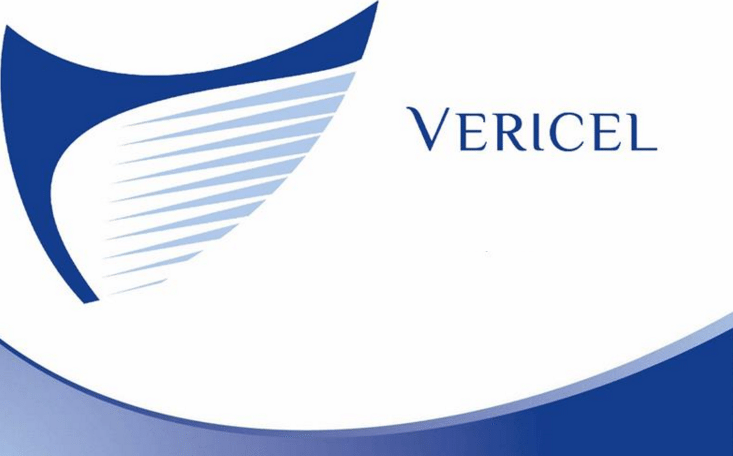
Massachusetts based Vericel Corp (NASDAQ:VCEL) just announced the results of a phase II trial in its lead pipeline candidate, and the company is up more than 15% at time of writing, and look set to pick up further strength before the week draws to a close. It’s a small cap company with a limited pipeline, but it has a few approved therapies and – despite regularly posting a negative bottom line – generates an average $11.5 million a quarter. As such, it would make for a risky allocation as things stand, but the latest results make it worthy of keeping an eye on with a view to a potential speculative exposure going forward. Here’s why.
Click Here For More Market Exclusive Updates & Analysis
First, let’s look at the drug. It’s a stem cell therapy drug called Ixmyelocel-T. Stem cell therapy is fast becoming one of the hottest areas of healthcare, and now things are looking like they have surpassed the moral hurdles of the space, a number of possible applications are coming to light. Japan recently drew up a host of new laws that make stem cell therapy rewarding on its shores, and a large portion of the sector is moving to Asia to benefit from the favorable stem cell environment. For those interested in the sector, and those looking to pick up an exposure, the new laws came into place as part of the economic structural reform imposed by Prime Minister Shinzo Abe, and have attracted not just some of the biggest companies – CYBERDYNE INC (OTCMKTS:CYBQY), to give one example – but also some of the top talent in the sector. Digression aside, and for now at least, Vericel has decided to base its operations out of the US.
Ixmyelocel-T is a stem cell treatment with a target indication of dilated cardiomyopathy (DCM), which is the most common form of heart failure in the US and across most of the developed world. Reports suggest just shy of 5 million Americans suffer heart failure each year. The cause of DCM is a progressive degeneration of heart muscle, and it leads to an enlarged heart – hence the dilated element of the name of the disease.
In this treatment, cells are removed from a patient’s bone marrow and processed using Vericel’s proprietary cell processing system. Once processed, they are reintroduced to the patient, and they work to increase the number of what are called mesenchymal stromal cells, which is the name of cells that are immature in development and – as a result – are able to transform in to a wide range of cells at maturity.
In this case, the cells transform into cells that promote the strengthening of the heart muscle, and in turn, (or so Vericel hopes) treat DCM effectively.
So what did the latest data show? Did it back up this hypothesis? The data was topline from a mid stage phase II, with an endpoint of (and we’re quoting here) “demonstrating a reduction in the total number of deaths, cardiovascular hospitalizations or unplanned outpatient and emergency department visits to treat acute decompensated heart failure during the 12 months following treatment with ixmyelocel-T compared to placebo”.
It looks like a pretty complicated endpoint, but essentially it boils down to this: does the drug strengthen the heart, and reduce heart issue related incidences?
We don’t know the exact data yet – the company is holding it back for a presentation at an American College of Cardiology session earl April – but we do know that across a patient population of 114 individuals at 28 sites in the US, the drug hit its primary endpoint.
So what’s next? Well, we’ve mentioned the endpoint was in depth, but its also pretty all-encompassing, meaning its difficult to interpret just how high a level of efficacy the meeting of the endpoint infers. We know the company was shooting for a 46% decrease in incidents across 80% of patients, but there is room either side of these numbers to still meet primary, so we’ll have to wait until presentation to gain real insight.
What’s the takeaway? As mentioned in the introduction to this piece, we can’t justify an allocation based on this announcement alone, but it sets the scene for an interesting potential allocation come April. If data falls in line with the degree of efficacy the company was shooting for at trial start, it would make Vericel an interesting stock to watch as it heads into pivotal, potentially later this year.




